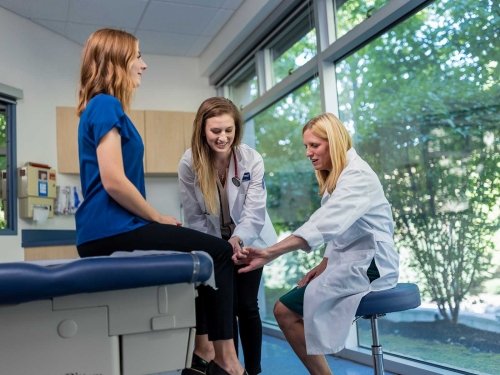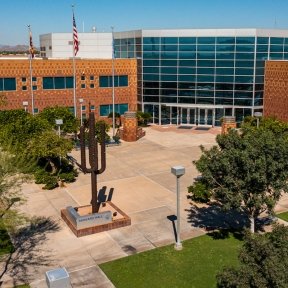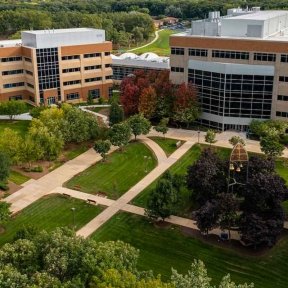Physician Assistant Studies
Midwestern University's Master of Medical Science (M.M.S.) in Physician Assistant Studies Program provides accredited, student-centered education that leads to compassionate and evidence-based patient care.


AZ - Glendale
- In-Person
College Master of Medical Science, Physician Assistant Studies (AZ)
Duration24 months, full-time
Class Size Approximation90

IL - Downers Grove
- In-Person
College Master of Medical Science, Physician Assistant Studies (IL)
Duration27 months, full-time
Class Size Approximation86
The Midwestern Advantage
Midwestern University's investment in education, faculty, research, facilities, and clinical training translates into our students being "Day One Ready.”
Midwestern University's Master of Medical Science (M.M.S.) in Physician Assistant Studies is a continuous, full-time program. The Physician Assistant (PA) professional curriculum offers students the opportunity to earn a graduate degree and satisfy the eligibility requirements for the Physician Assistant National Certifying Examination (PANCE).
View more program specifics in our Academic Catalog.
Glendale, AZ Academic Catalog*
Downers Grove, IL Academic Catalog*
*Subject to change
Physician Assistants (PAs) have a wide range of career opportunities in various healthcare settings. Some of the common career options for PAs include:
- Primary Care: Many PAs work in primary care settings such as family medicine, internal medicine, pediatrics, and general practice. They provide routine healthcare services, perform physical exams, diagnose illnesses, and prescribe medications.
- Specialty Care: PAs can specialize in various medical specialties, including surgery, emergency medicine, dermatology, orthopedics, cardiology, psychiatry, and more. They work closely with physicians in these specialties to provide specialized care to patients.
- Hospitals: PAs are employed in hospitals and medical centers, where they may work in emergency rooms, operating rooms, intensive care units, or other hospital departments, assisting in surgeries, managing critical care patients, and providing acute medical care.
- Urgent Care Centers: Many PAs work in urgent care centers, providing immediate medical attention to patients with non-life-threatening injuries and illnesses.
- Rural and Underserved Areas: PAs often play a crucial role in providing healthcare services in underserved and rural areas where there is a shortage of physicians. They may be the primary care providers in such settings.
- Public Health: PAs can work in public health roles, participating in disease prevention, health education, and community health initiatives. They may work in government agencies, nonprofit organizations, or public health clinics.
- Teaching and Education: Some PAs choose to become educators and work in PA education programs as faculty members, helping to train the next generation of PAs.
- Research: PAs with an interest in research can work in research institutions, contributing to clinical trials, studies, and healthcare research projects.
- Administration and Leadership: PAs can take on administrative and leadership roles within healthcare organizations, including positions such as clinic managers, department heads, and healthcare executives.
- Telemedicine: With the growth of telemedicine, PAs can provide virtual healthcare services, consulting with patients remotely through telehealth platforms.
- Military: PAs can serve in various branches of the military, offering medical care to service members and their families.
- Global Health: Some PAs choose to work in international settings, providing medical care and humanitarian aid in underserved or disaster-stricken regions.
Academic Course Catalog
Explore comprehensive details about our academic programs (subject to change).
Career Placement & Salaries
Campus Options


Glendale
Located just 15 minutes from downtown Phoenix. Students can study and live on our sprawling 143-acre campus and practice at our University-owned clinics located just across the street.


Downers Grove
Located just 25 miles west of Chicago. Students can study and live in the comfort and safety of a 105-acre campus in the suburbs and can practice at our University-owned clinics located just 10 minutes away.
